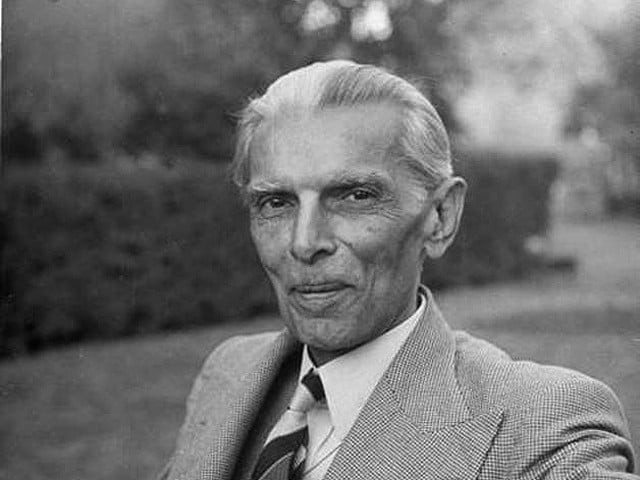Discussion: The life and times of Mohammad Ali Jinnah
Critic, historian analyse the Quaid's life and decisions

PHOTO: EXPRESS
Speakers at the event included critic Muhammad Reza Kazimi and historian Shariful Mujahid.

"What exactly was the vision of Jinnah under which he created Pakistan? If we are to take into account his August 11 speech, in which he said, 'You are free; you are free to go to your temples, you are free to go to your mosques or to any other place of worship in the State of Pakistan ... You may belong to any religion or caste or creed - that has nothing to do with the business of the state', this is diametrically opposite to what he stood for," said Kazimi.
"I was born in Bombay and lived a stone's throw away from Petit Hall," he disclosed adding that Jinnah was an aloof man who was known for his fondness for Western clothes, his utter refusal to give speeches in his mother tongue and for not wearing his religion on his sleeve, claimed the critic. "This was not the norm; rather it had to do with the class he belonged to," he explained.
"Jinnah was a lawyer and was never satisfied with the expression of goodwill. He always wanted things in black and white," said Kazimi.
Mujahid began his talk by delving into the various roles of political nature Jinnah assumed over the years before the creation of Pakistan. "Jinnah's political career was such that he had roles to fills and achievements to achieve, hence getting the tributes which he received. He started out as a young leader of the Indian National Congress, then as the ambassador of the Hindu-Muslim unity, then as an advocate of Muslim rights and finally as the founder of a new nation," he stated.
Mujahid shed light on the fact that the initial years of his political career led Jinnah to form deep nationalist feelings which allowed him to tilt towards liberalism. "He sided with the moderates and fought many cases for a good number of Parsis. He was at one time oblivious to Muslim interests, their fears and concerns," he asserted.
"However, in 1906, he followed Badruddin Tayyebji and began to take deep interest in Muslim causes," he said.
"Here was a leader who came to the rescue of the Khilafat Movement, but found nothing to support in the Non-Cooperation Movement, for he was a very logical man," said Mujahid. "Where Pundit Nehru saw only two forces structured to run the Indian Subcontinent, as did the Royal British government and Indian National Congress, it was the far-sighted Jinnah who saw the multinational India and called out for more Muslim representation."
Published in The Express Tribune, December 30th, 2016.



















COMMENTS
Comments are moderated and generally will be posted if they are on-topic and not abusive.
For more information, please see our Comments FAQ